What is a Cargo Tank Truck?
A cargo tank truck, commonly known as a tanker truck, is a motor vehicle designed to carry liquid or gaseous loads on roads. These vehicles play a critical role in the transportation of a wide range of substances, including gasoline, milk, chemicals, water, and liquefied gases. This article delves into the various aspects of cargo tank trucks, from their design and types to their applications and safety considerations.
Design and Structure
The design of a cargo tank truck is specialized to ensure safe and efficient transport of its contents. The main component is the tank itself, which is typically cylindrical to evenly distribute the pressure of the liquid inside. The tank is mounted on a truck chassis, which includes the cab for the driver and the powertrain.
Material Construction: The materials used to construct the tank vary depending on the substance being transported. Common materials include aluminum, steel, stainless steel, and fiberglass-reinforced plastic. Each material offers different benefits; for instance, stainless steel is highly durable and resistant to corrosion, making it ideal for transporting aggressive chemicals.
Compartments and Baffles: Many cargo tank trucks feature internal compartments, allowing them to carry different substances simultaneously without mixing. Baffles are also used within the tanks to prevent the liquid from sloshing around, which can destabilize the vehicle and cause accidents.
Insulation and Heating: Some tankers are equipped with insulation to maintain the temperature of the cargo. Others might have heating elements, especially when transporting substances that need to remain in a liquid state, like certain chemicals or food products.
Types of Cargo Tank Trucks
Cargo tank trucks are categorized based on the type of cargo they are designed to carry. Here are some common types:
Fuel Tankers: These trucks are designed to transport petroleum products such as gasoline, diesel, and aviation fuel. They are often seen at gas stations and airports. Fuel tankers are typically made of aluminum due to their lightweight properties and are designed with several compartments to carry different types of fuels simultaneously.
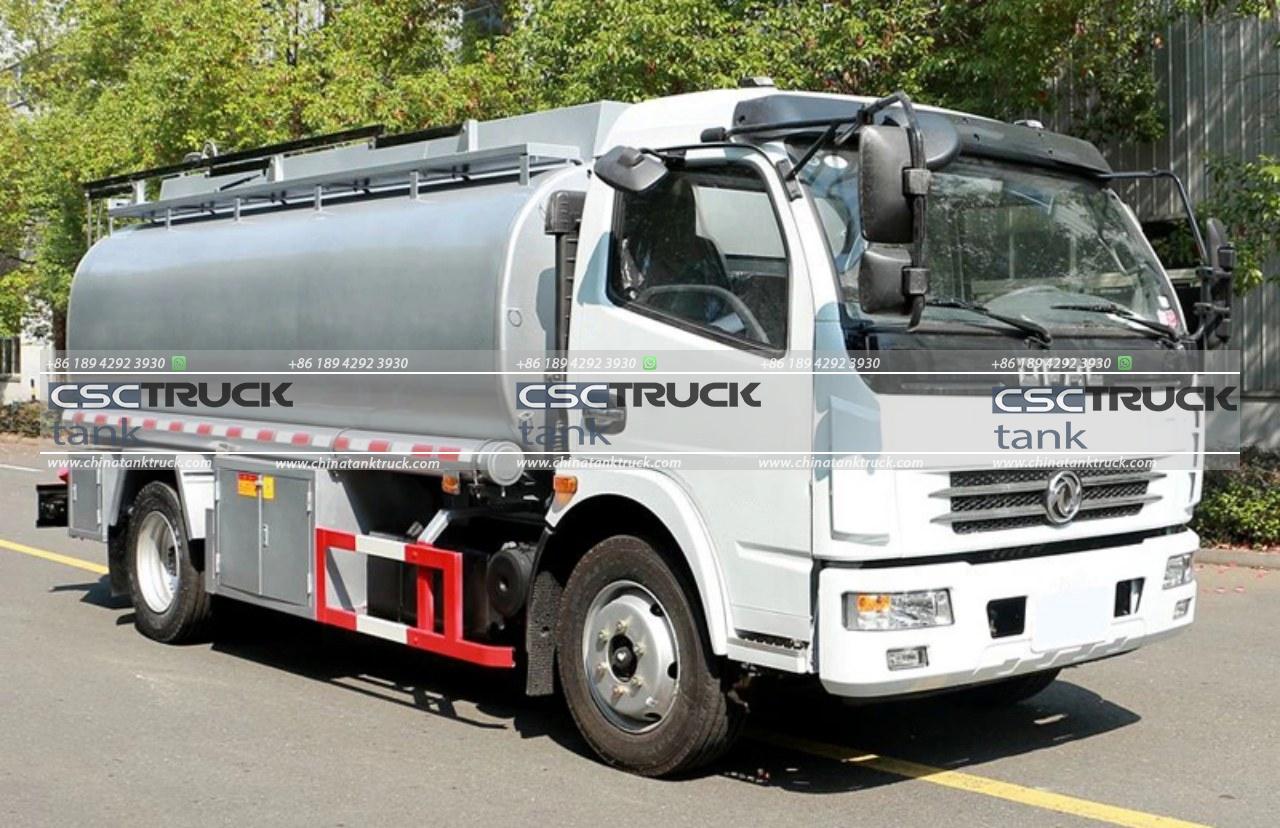
Chemical Tankers: These are used for transporting hazardous chemicals and are constructed with materials that can withstand corrosive substances. Safety features are paramount, with advanced leak prevention and spill containment systems.
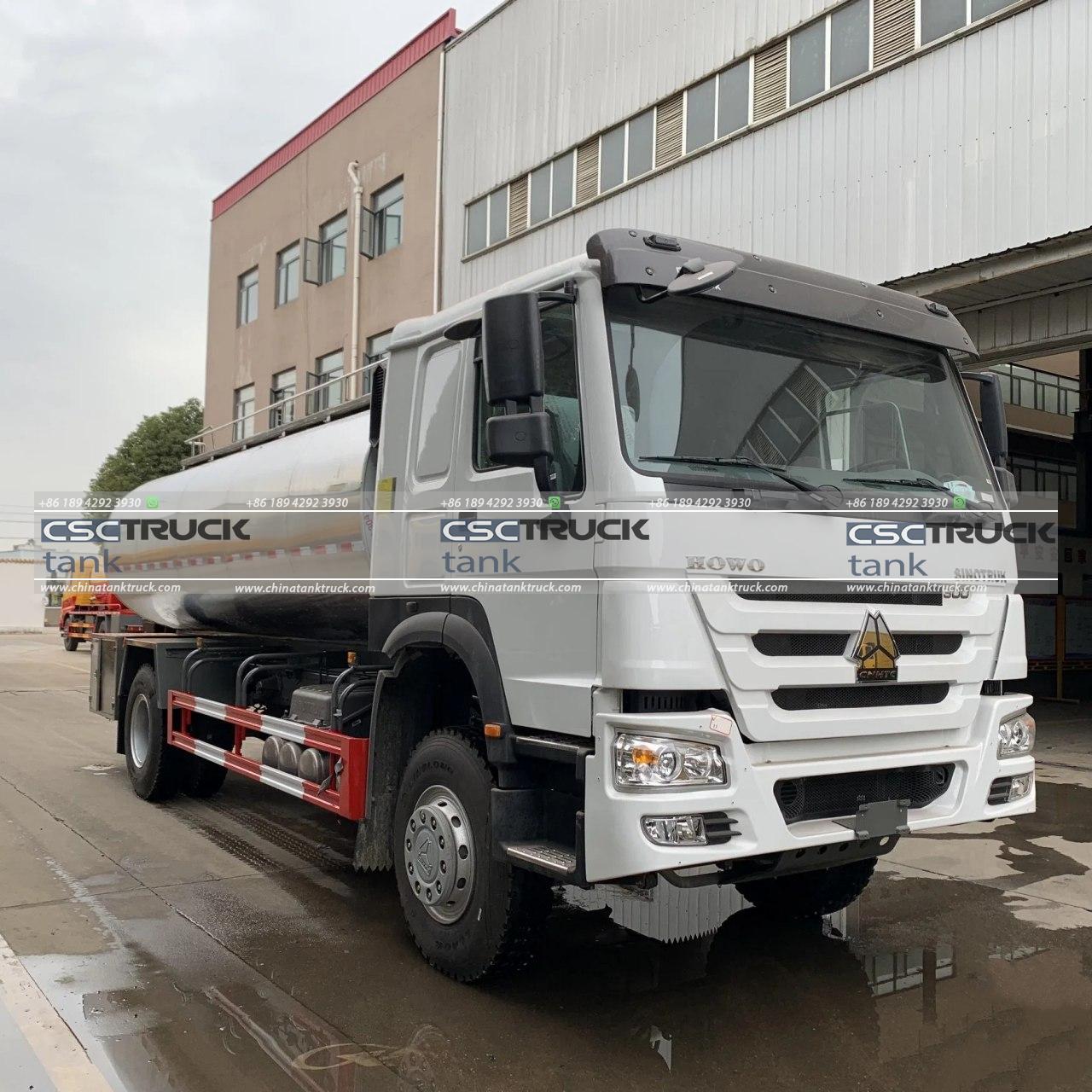
Milk Tankers: Designed to transport milk and other dairy products, these tankers are typically insulated and have smooth interior surfaces to ensure easy cleaning and to maintain the hygiene standards required for food products.
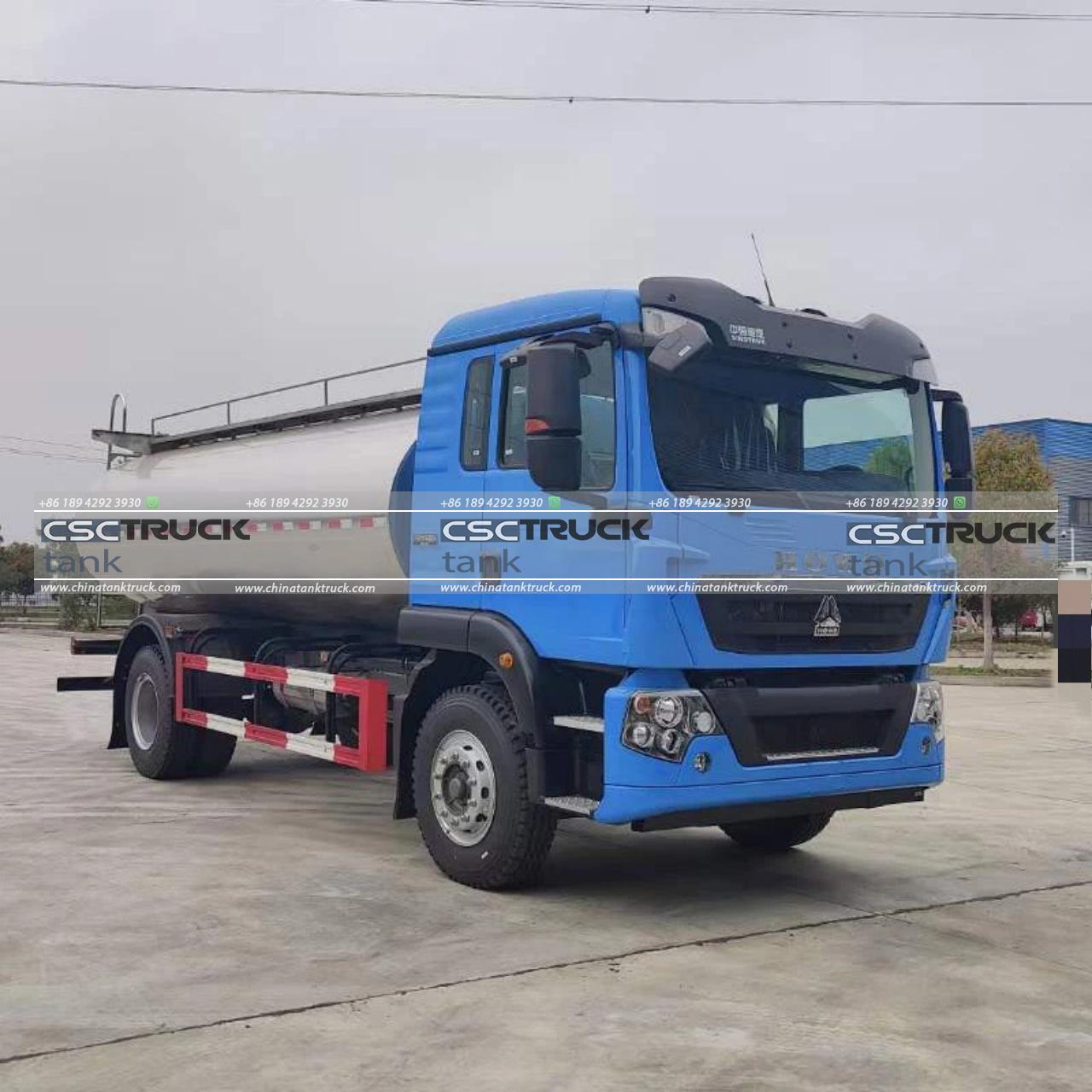
Water Tankers: Commonly used in areas without a regular water supply, water tankers deliver potable water to homes and businesses. They are also used in firefighting, agriculture, and construction.
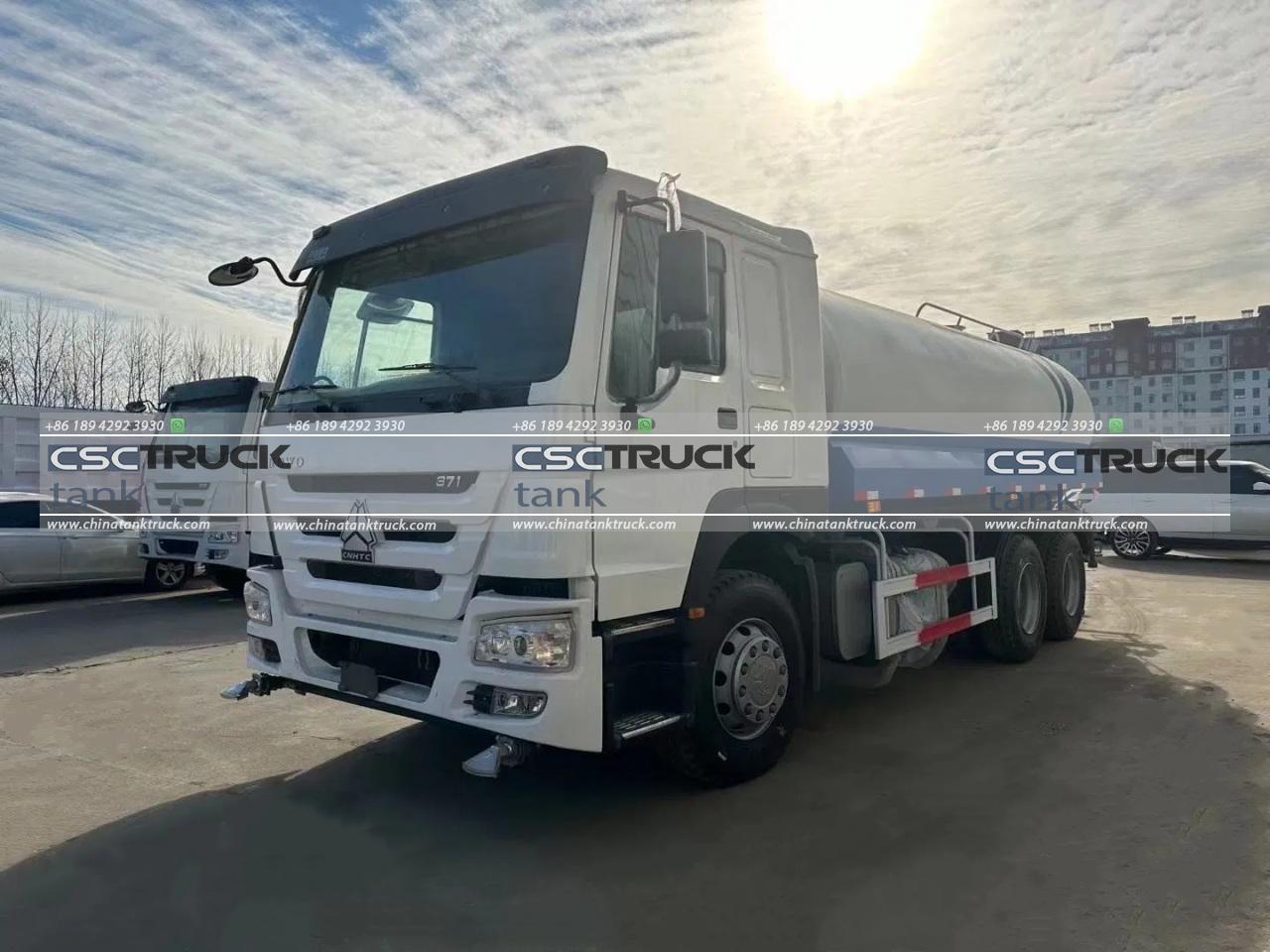
Liquefied Gas Tankers: These tankers transport gases that have been liquefied under pressure, such as propane, butane, and liquefied natural gas (LNG). They require special pressure-resistant tanks and safety measures to handle the volatility of the gases.
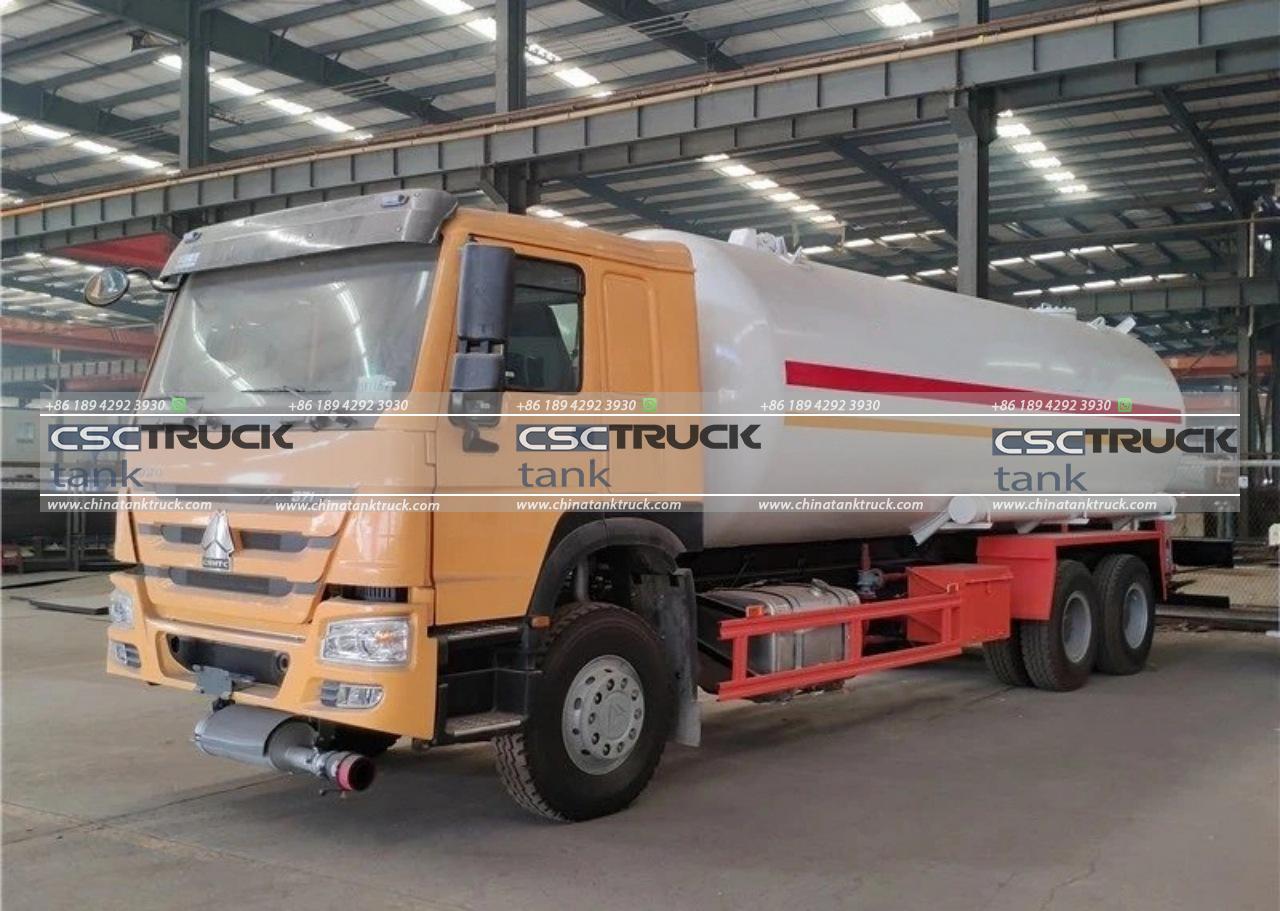
Applications
The applications of cargo tank trucks are vast and critical to many industries:
Fuel Distribution: Tanker trucks are integral to the fuel distribution network, ensuring that gas stations remain stocked and that businesses and homes have a reliable supply of heating oil or propane.
Chemical Transport: The chemical industry relies heavily on tankers to move raw materials and finished products. The safe transport of hazardous chemicals is vital to prevent environmental contamination and ensure the safety of communities.
Food and Beverage Industry: Tankers transport bulk quantities of liquid food products, such as milk, wine, and juice, from production facilities to processing plants or distribution centers.
Construction and Agriculture: Water tankers supply necessary water to construction sites and farms, where they are used for tasks such as dust suppression, irrigation, and concrete mixing.
Emergency Services: In firefighting, water tankers are essential for delivering large quantities of water to areas without access to hydrants. During natural disasters, tankers also supply potable water to affected populations.
Safety Considerations
The transportation of liquids and gases comes with significant safety challenges. Ensuring the safe operation of cargo tank trucks involves several key considerations:
Regulatory Compliance: Cargo tank trucks must comply with stringent regulations set by transportation authorities, such as the U.S. Department of Transportation (DOT) and the Federal Motor Carrier Safety Administration (FMCSA). These regulations cover aspects like tank design, maintenance, and driver training.
Driver Training: Operators of cargo tank trucks require specialized training to handle the unique challenges of driving a vehicle with a shifting liquid load. This training includes understanding the properties of the transported substance, emergency response procedures, and proper loading and unloading techniques.
Maintenance: Regular maintenance of the truck and the tank is crucial to prevent mechanical failures that could lead to spills or accidents. This includes inspecting the tank for leaks, ensuring the integrity of baffles and compartments, and checking the functionality of safety valves and pressure relief systems.
Emergency Response: In the event of a spill or leak, immediate action is required to mitigate the impact. Tanker trucks are often equipped with emergency shut-off valves, spill containment kits, and fire suppression systems. Drivers are also trained in emergency response protocols.
Technological Advancements
Advancements in technology are continuously improving the safety and efficiency of cargo tank trucks. Some notable developments include:
Telematics and Monitoring Systems: Modern tanker trucks are equipped with telematics systems that provide real-time data on the truck’s location, speed, and status of the cargo. These systems help in route optimization, monitoring for potential issues, and enhancing overall operational efficiency.
Automated Loading and Unloading: Automation in loading and unloading processes reduces the risk of human error and ensures precise handling of the cargo. Automated systems can control flow rates, monitor tank levels, and manage safety valves.
Enhanced Materials: Innovations in materials science are leading to the development of stronger, lighter, and more corrosion-resistant tank materials. These advancements improve the durability and longevity of the tanks while enhancing safety.
Conclusion
Cargo tank trucks are indispensable in modern logistics, providing a critical link in the supply chain for various industries. Their specialized design and construction enable the safe and efficient transport of a wide range of liquid and gaseous substances. As technology continues to evolve, these vehicles are becoming even more reliable and safer, ensuring that the transportation of essential goods can meet the growing demands of our global economy.

